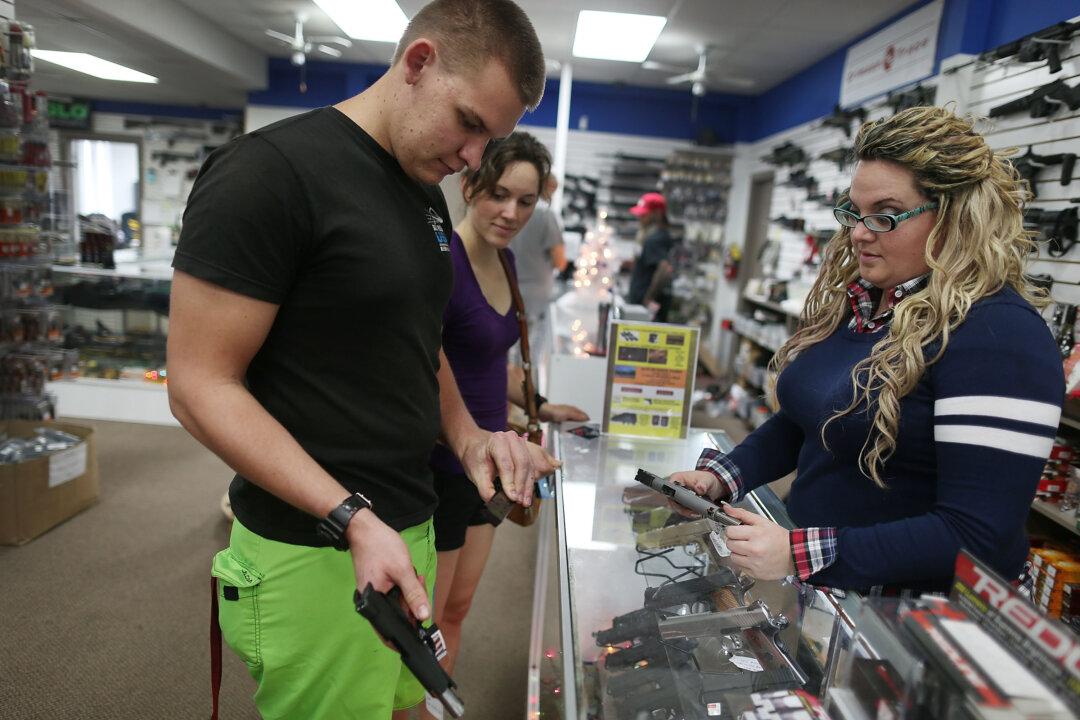New Hampshire legislators are considering a bill to protect the privacy of firearms purchasers while preventing gun control through financial restrictions.
The New Hampshire House Criminal Justice and Public Safety Committee held a public hearing on Feb. 2, 2024, for HB 1186, which would prohibit credit card and finance companies from mandating Merchant Category Codes for transactions at businesses that sell firearms, ammunition, or gun accessories.





